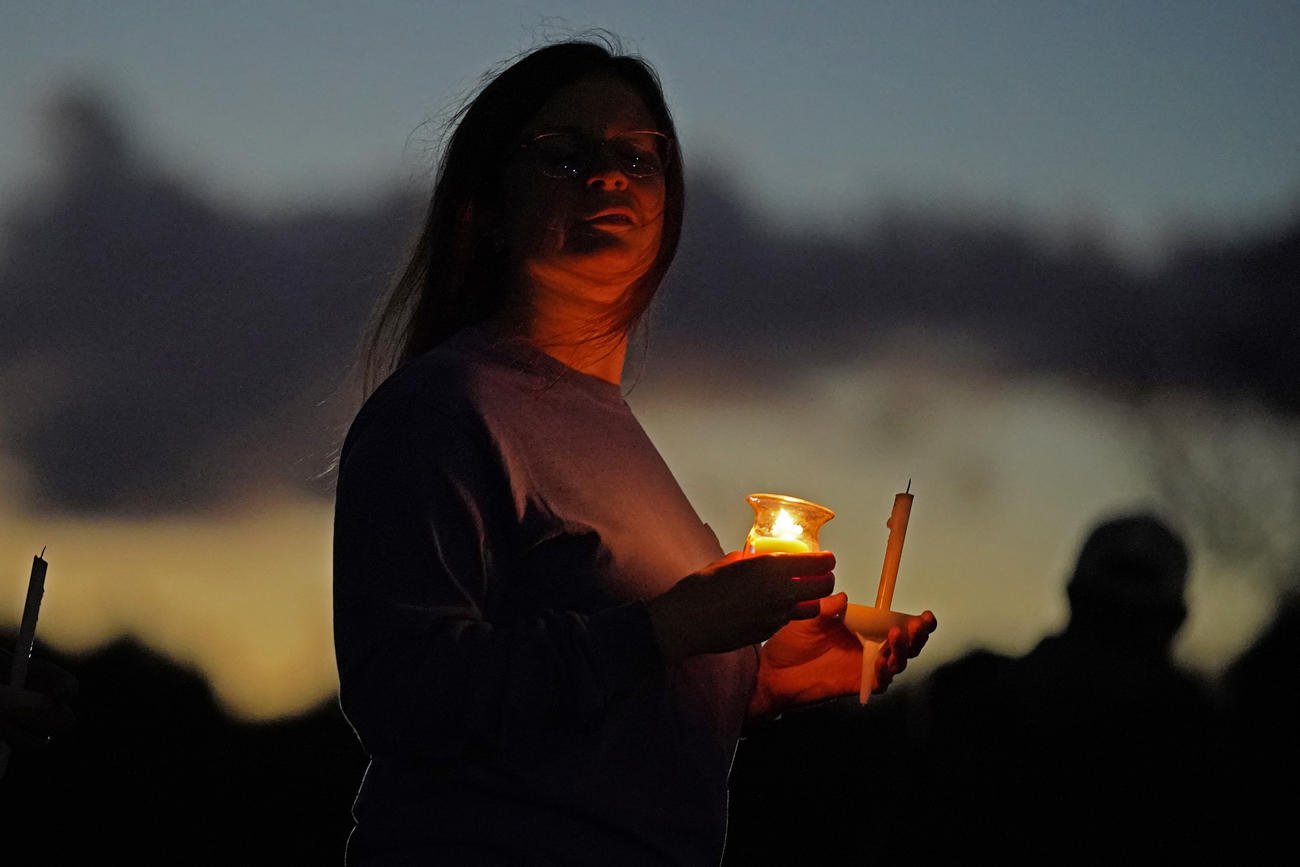
Months before the deadly rampage in Lewiston, Maine, the Army Reserve decided that the gunman, Robert Card, should not have access to weapons or ammunition, a service spokesperson told Military.com.
Card, an Army reservist, killed 18 people and injured 13 others at a bar and bowling alley last week in what was the deadliest mass shooting in that state’s history but also yet another of the gruesome incidents that have become disturbingly commonplace across the U.S. Card was found dead of an apparent self-inflicted gunshot wound Friday, according to police.
Local police were notified in May of Card’s deteriorating mental health, authorities say. His family told police that his mental health started taking a noticeable downturn in January and expressed concern over his access to firearms, according to authorities.
Read Next: Iraq Campaign Medal Returns Amid Surge in Drone, Rocket Attacks on US Forces There
In July, Card had a mental health evaluation at the U.S. Military Academy at West Point after displaying troubling behavior, two service officials told Military.com. However, it was unclear what the specifics of that behavior were and whether he admitted himself to care, or if he was ordered.
That is when the Army made the determination to ban Card from handling military weapons and ammo, according to a service official. Such a radical move is often reserved for extreme scenarios that could potentially turn violent, or is done out of caution when a soldier displays thoughts of suicide.
Still, Card had at least three privately owned firearms, including the assault rifle used in the shootings, all legally purchased, according to authorities.
The military banning someone from accessing firearms does not preclude that person from buying or owning personal weapons. Military.com reported on a case earlier this year in which a soldier was no longer allowed to access military weapons after a suicide attempt, but later bought a handgun and died by suicide.
Card was released from Army care following the mental health evaluation at West Point, and medical officials with the service made several attempts to contact him for follow-up outpatient care but no one could find him, said Lt. Col. Ruth Castro, an Army spokesperson.
Army officials notified local police in September of their concerns. They requested a wellness check at Card’s residence, and also notified police that Card was no longer permitted access to military weapons. A deputy visited his house on both Sept. 15 and the following day, but Card was not home, according to local police.
The intensive two-day manhunt for Card following the shootings forced thousands of people to shelter in place with numerous law enforcement jurisdictions swarming the area. Card allegedly heard voices in his head and threatened to attack an Army Reserve facility in Saco, Maine.
The direct threat to military personnel spurred the service to immediately suspend Card’s Army credentials to prevent him from accessing bases. The Army Reserve also shut down all of its facilities within 100 miles of the shootings.
Card was a sergeant first class in the Army Reserve’s 3rd Battalion, 304th Infantry Regiment, based in Saco, just outside the areas where the shootings took place. He had been serving since 2002 as a petroleum supply specialist.
— Steve Beynon can be reached at Steve.Beynon@military.com. Follow him on Twitter @StevenBeynon.









